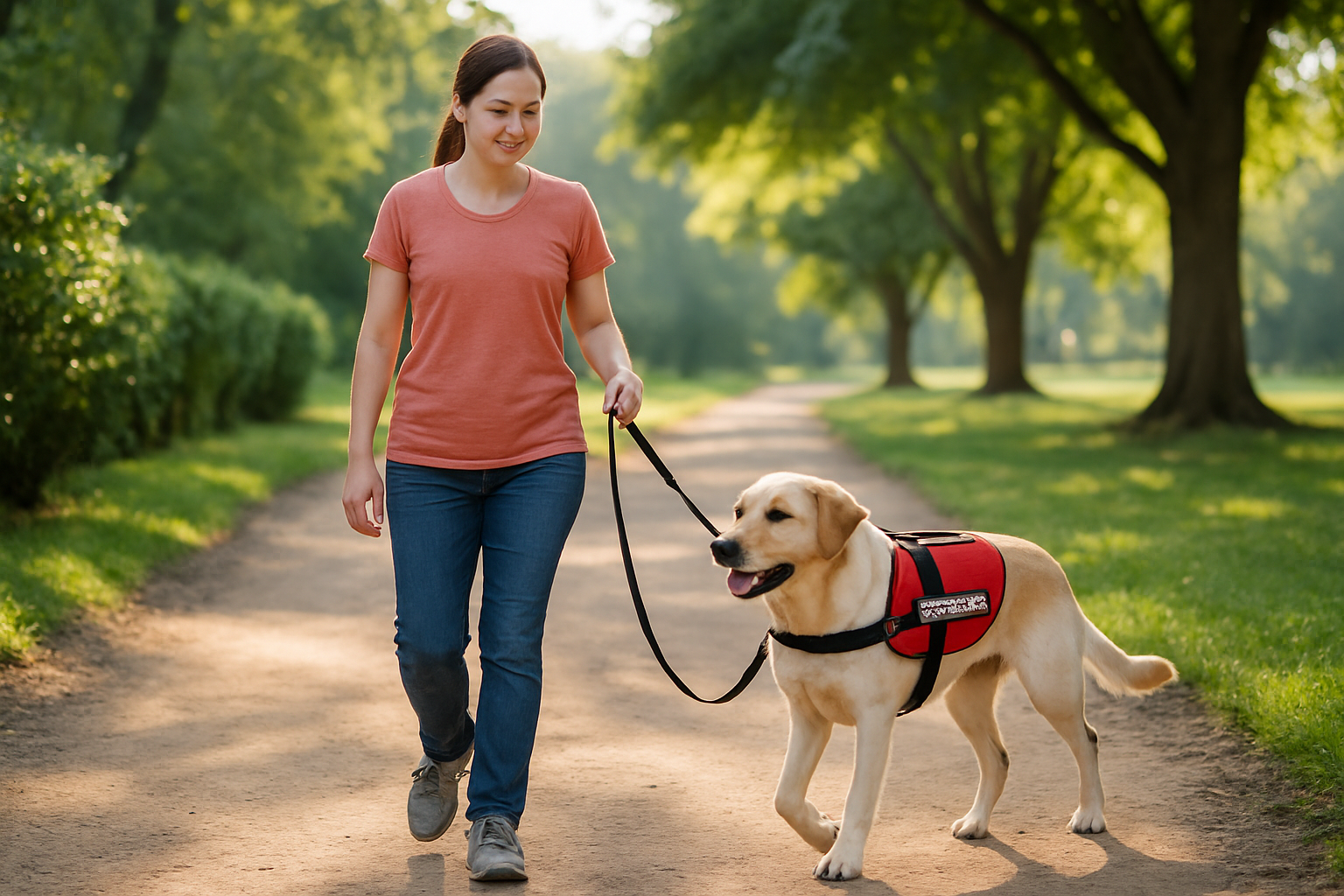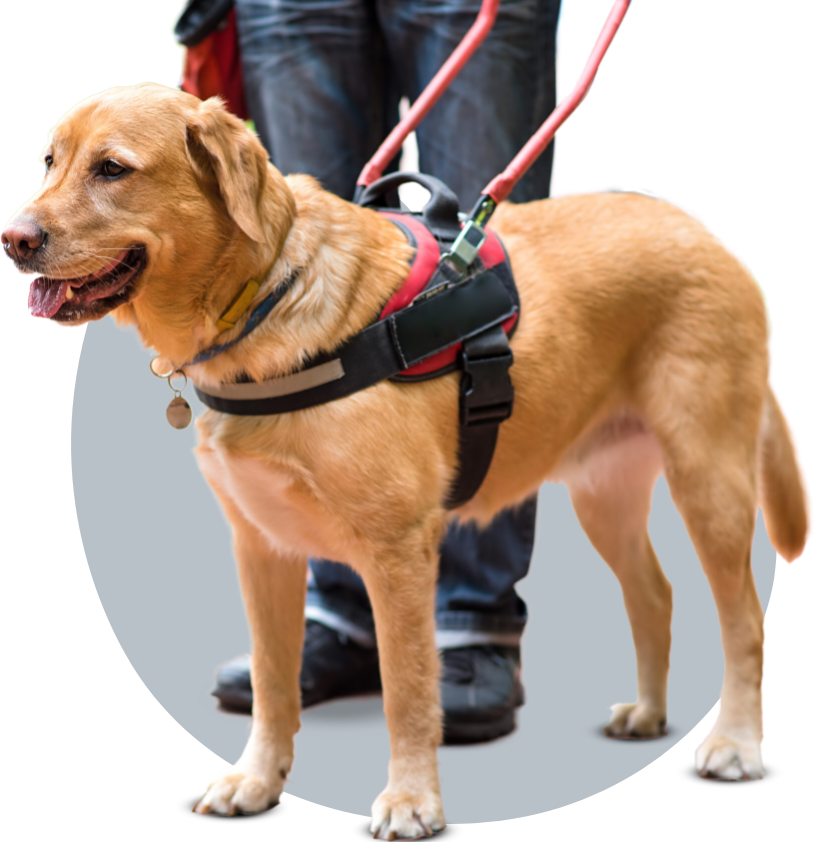What You Should Know about Leash Laws and Service Dogs

There are many laws and regulations (both state and federal) that apply to pets and their owners. These laws are designed to keep both animals and people safe and to ensure the general well-being of the public. But many of the laws that apply to a pet are waived or altered in some way to accommodate service animals. If you’ve been wondering how leash laws and other pet-related laws apply to your emotional support animal, here’s what you should know.
Defining a Service Dog
We know that your ESA dog is an important part of your treatment, and essential to coping with your condition. However, in most circumstances, an ESA does not qualify as a service animal. This means that any pet-related laws in your area do apply to your ESA, and there are very few situations under which your dog will be treated as a service animal.
A service dog is defined as a dog that is trained to perform a specific task in order to assist someone with a disability. Because most ESAs are not given task-specific training, and their handlers simply need their presence for comfort, they are not considered service animals. So, please be aware that the majority of public places (restaurants, stores, etc.) that do not allow pets have the discretion to allow an ESA. However, there are exceptions, so if you want to bring your ESA somewhere public with you, do some research, or call the location and ask if they’ll allow a support animal on the premises.
Leash Laws
It’s important to note that, while other regulations may be waived for service animals, leash laws are not altered for dogs that provide a service or support to their handler. Whatever a dog’s job may be, they are subject to the local dog licensing and registration requirements and must be on a leash unless they are in an area where leashes are not required.
In fact, laws strictly state that service animals must be under control at all times. This means they should be leashed, tethered, or otherwise harnessed in public areas. The only exception to this is if the leash directly interferes with a dog’s duties. When this occurs, the dog may be taken off the leash to perform the necessary task but must be kept under control by voice commands.
What Laws Protect Your ESA?

Though the majority of laws that protect service animals do not apply to emotional support animals, there are a few exceptions. If you have an ESA, then you’re provided with two primary benefits:
- You can acquire housing with your ESA, regardless of the landlord’s or complex’s policies about pets. You also cannot be charged a pet fee for having an ESA in your home.
- You can travel with your ESA on airlines, trains, buses, and so on. You are permitted to have your ESA in the cabin of an airplane with you and cannot be charged a pet fee for this.
While laws do not require ESAs, or even service dogs, to be marked as such, most owners of these types of animals find it extremely beneficial to have their dog wear a service dog vest when out in public. This notifies others that your dog is more than just a pet and makes it less likely that you’ll meet with resistance or objection when bringing your ESA on an airplane or other places where regular pets are not generally permitted.
If you’re looking for the best service dog leash, be sure to check our online store. This is one of the easiest ways to ensure you have your rights as an ESA owner recognized by those around you.
















































































